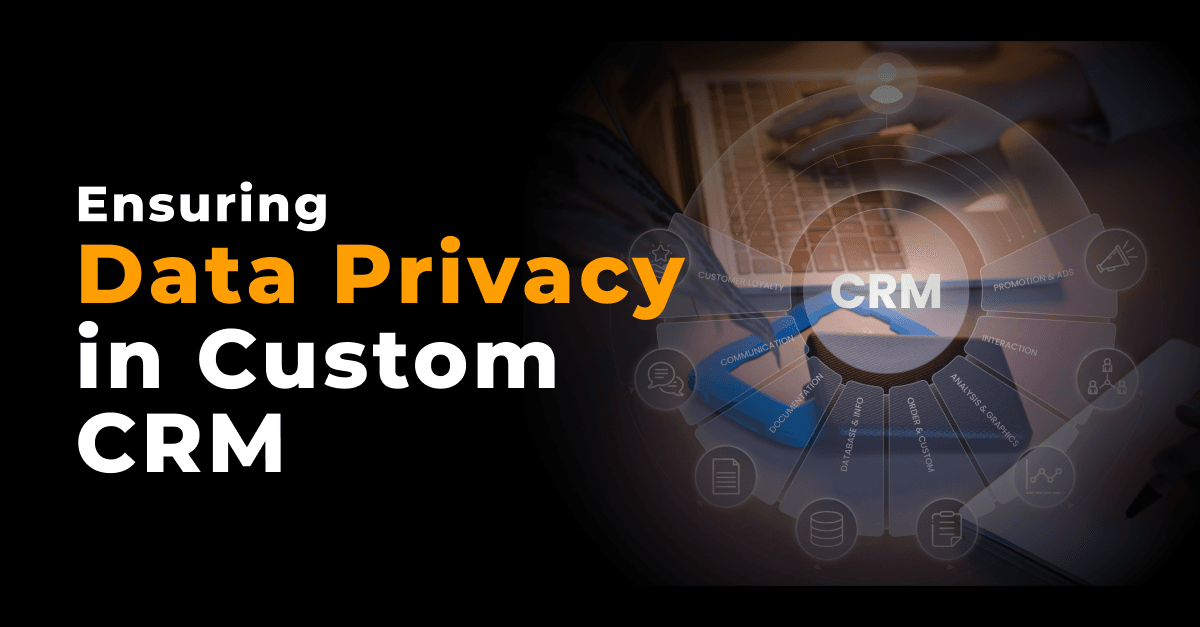

Loading

Loading

Comprehensive Access Controls: Ensuring Data Privacy in Custom CRM
In the realm of data privacy and security, implementing robust access controls is paramount for safeguarding sensitive information within Custom Customer Relationship Management (CRM) solutions. This blog explores the importance of comprehensive access controls in custom CRM solutions, emphasizing their role in limiting data access to authorized personnel and enhancing overall privacy protection.

Access controls refer to mechanisms and policies designed to regulate who can access specific resources or data within an organization's IT environment. Key aspects include:

Data Privacy Protection
Mitigation of Insider Threats
Regulatory Compliance

Conclusion
Comprehensive access controls are essential for maintaining data privacy and security in custom CRM solutions. By implementing robust authentication mechanisms, role-based permissions, and strict data segmentation practices, businesses can effectively limit data access to authorized personnel and mitigate the risk of unauthorized disclosure or misuse. These measures not only protect sensitive customer information but also demonstrate a commitment to compliance with regulatory requirements and ethical data handling practices.
Investing in a custom CRM solution that prioritizes comprehensive access controls ensures that organizations can securely manage and protect confidential data, fostering trust with customers and stakeholders. As data privacy concerns continue to grow, implementing stringent access controls in CRM design becomes imperative for maintaining organizational integrity and safeguarding sensitive information in today's interconnected digital landscape.









Have questions or need assistance? We're here to help! Reach out to us today, and our team will get back to you as soon as possible.